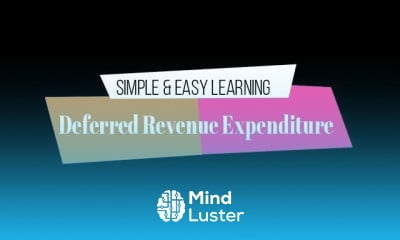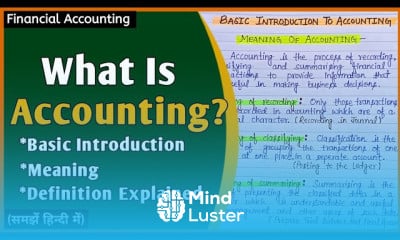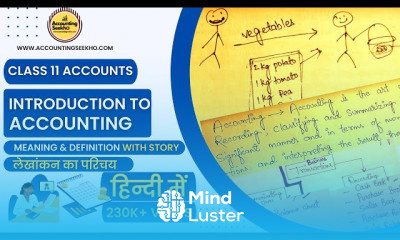2 Types of Islamic Finance ACCA CPA SFM By Saheb Academy
Share your inquiries now with community members
Click Here
Sign up Now
Lesson extensions
Lessons List | 2
Lesson
Comments
Related Courses in Accounting
Course Description
Islamic Finance types course,
in this course we will learn about the Islamic Finance types, focusing on the various financial instruments and contracts that comply with Shariah law. Participants will explore the fundamental principles of Islamic finance, such as the prohibition of interest (riba), the avoidance of excessive uncertainty (gharar), and the importance of risk-sharing and ethical investing.
The course will cover key Islamic financial contracts, including Murabaha (cost-plus financing), Mudarabah (profit-sharing partnership), Musharakah (joint venture financing), Ijarah (Islamic leasing), and Sukuk (Islamic bonds). Each type of contract will be explained in detail, highlighting its structure, applications, and benefits. We will also delve into Salam (advance purchase financing) and Istisna (construction and manufacturing financing), which are used for specific types of trade and manufacturing transactions.
Additionally, the course will discuss Qard Hasan (benevolent loan), a no-interest loan provided for social welfare purposes, and Takaful (Islamic insurance), which is based on mutual cooperation and shared responsibility. Participants will learn about the practical applications of these contracts in various industries and their impact on promoting social justice and economic development.
We will explore the regulatory framework governing Islamic finance, ensuring compliance with Shariah principles, and the role of Islamic financial institutions in fostering sustainable development. Real-world case studies and examples will illustrate how Islamic finance can be applied effectively to meet diverse financial needs while adhering to ethical standards.
Trends
Graphic design tools for beginners
Web Design for Beginners
Accounting Finance course
Logo Design
Web design basics
Accounting
Graphic Design Basics
Best zoology books
Master graphic design techniques
Web Design Using HTML CSS
Figma globe icon design
SQL for accountants and finance managers
Anatomy Physiology
Digital Logic Families in Digital Electronics
Figma fast design techniques
Figma Signing Up and Signing In
Education Biotechnology
General Embryology 2
company accounts fundamentals
Figma for UX UI design
Recent
Bioinformatics basics
Bioinformatics databases
Vitamin A to Z tablets
Best zoology books
Best cream for piles pain
Laser surgery for piles
Best cream for piles
Anal fissure treatment
Best antibiotics for diseases
Antibodies structure
Macrophage structure
Drosophila genetics
Diagnostic tests
Bioinformatics
Genetics
Gene therapy
Kidney structure
DNA replication and types
Bacterial cell structure
Parasite structure


















